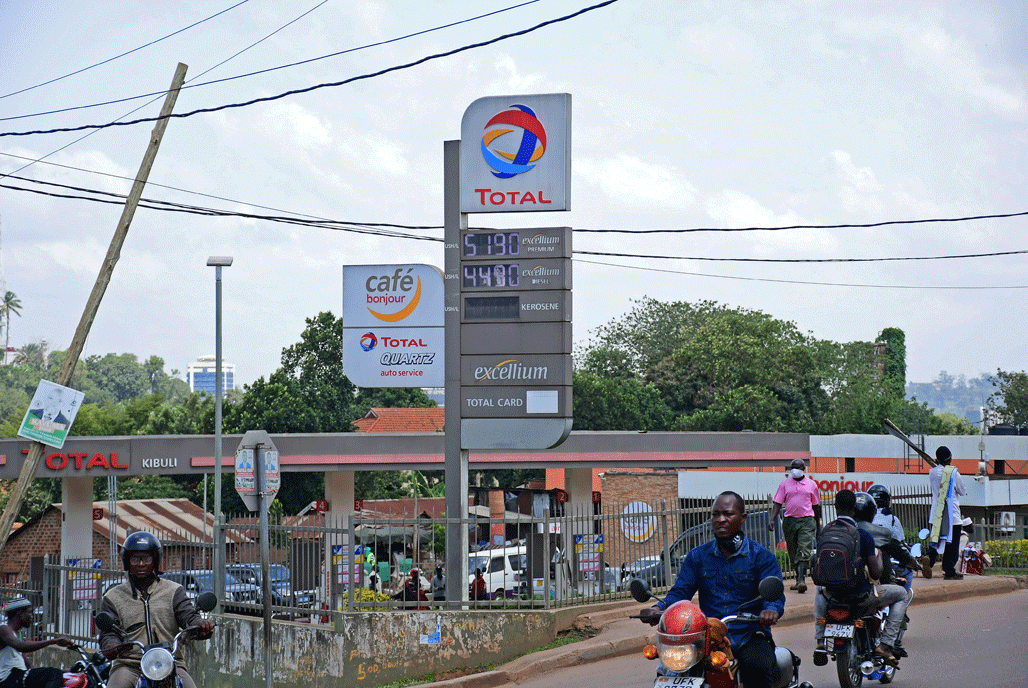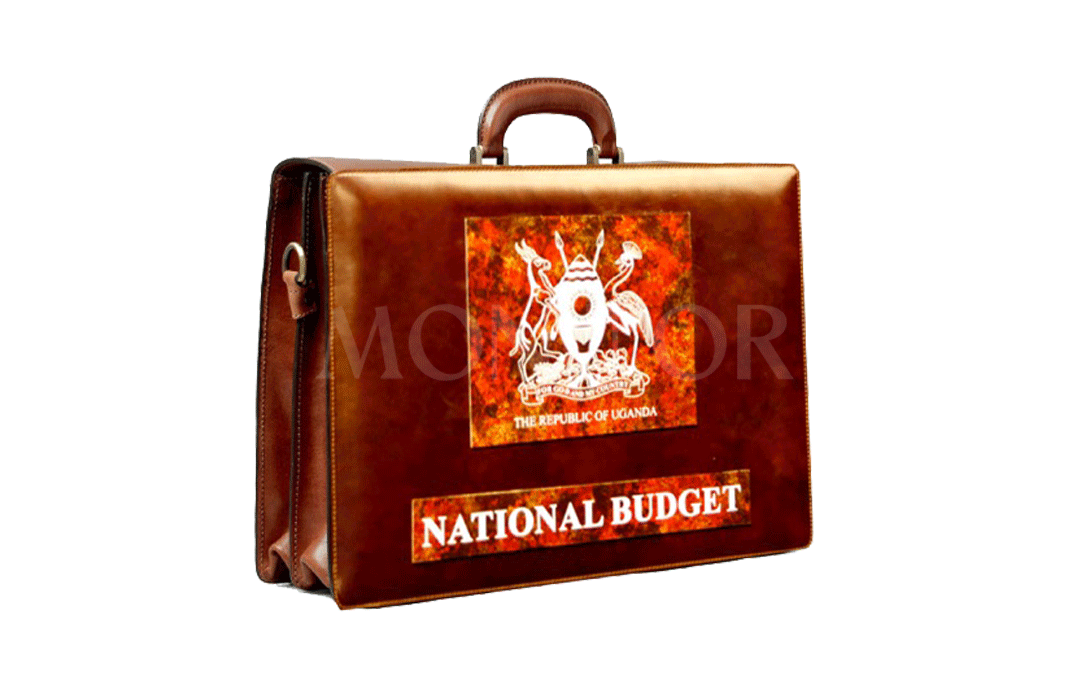Prime
How budget will address poverty, high cost of living

The price board of Total fuel station in Kibuli, Kampala. PHOTO/ABUBAKER LUBOWA
What you need to know:
- Some of the funds will support businesses and implementation of the Parish Development Model model.
The Minister for Finance, Mr Matia Kasaija, yesterday reiterated the government’s commitment to alleviate poverty, and improve the welfare of Ugandans.
He highlighted as one of the key objectives of the Shs48 trillion budget, the speeding up socio-economic transformation through creation of jobs and wealth.
“The NRM government’s overriding goal is to achieve socio- economic transformation for the benefit of all Ugandans and thus improve their lives. We must, therefore, quickly accelerate the economic recovery that we began in Financial Year 2021/2022, integrate more Ugandans into the money economy, and speed up growth in the country’s productive sectors,” Mr Kasaija said.
ALSO READ: Highlights from Kasaija’s budget speech
In the Budget Speech delivered at Kololo Independence Grounds yesterday, Mr Kasaija highlighted the initiatives government will undertake to alleviate poverty, key among them being the Parish Development Model.
This is aimed at getting 3.5 million households still engaged in subsistence into the money economy.
A total of Shs1 trillion was allocated for the implementation of the model, with each of the 10,594 parishes in the country expected to receive Shs100 million as a revolving fund.
The budget speech also stated government commitment to support businesses and the overall economy to recover from the impact of the Covid-19 pandemic and restore the lost jobs and livelihoods through other government programmes such as the Emyooga Fund, the Microfinance Support Centre credit to other Saccos ,the Small Business Recovery Fund, and other wealth creation initiatives.
Women entrepreneurs will benefit from a $217 million grant from the World Bank to provide funding to middle level businesses to support their growth and create jobs
Mr Kasaija announced that the economy is expected to grow at 6 per cent in the next financial year, signalling a path to full recovery from the Covid-19 disruptions.
The bedrock of all this, according to Mr Kasaija is security and stability, where government has invested Shs3.9 trillion. “Sustaining peace, security and stability as well as macro-economic stability are key foundations for economic recovery, growth and socio-economic transformation,” Mr Kasaija said.
Other sectors highlighted for socio economic development include agro-industrialisation, commercialisation of oil and gas, enhancing transport and power infrastructure, among others.
Last week, President Museveni announced that Uganda had hit the GDP per capita entry points to be admitted to the middle income status. This would imply every Ugandan earning Shs3.7m per annum.
The budget speech, as the government’s earlier stance, was silent about any immediate intervention to the runaway commodity prices and inflation that has hiked the cost of living.
Mr Kasaija said despite causing considerable discomfort among the public, government resolved to maintain a market-based determination of prices to support a continuous supply of the goods and services, and avoid worse damage to the economy.
“Government cannot influence price levels whose changes are driven by external shocks that are outside its control. We will, therefore, not be applying measures which can lead to long-term and painful distortions in the economy. For example, persistent shortages of goods, hoarding, and black markets,” he said.
The minister’s stand was hours after Opposition leader Dr Kizza Besigye was arrested in downtown Kampala over protesting against the high cost of living and government’s failure to offer solutions.
Mr Kasaija, however, listed five medium and long-term policies that government intends to undertake to cushion the population from the runaway prices.
ALSO READ: Museveni renews battle with wetland abusers
The government intends to support farmers to grow more fast-maturing food crops to ensure sufficient domestic supply, improve alternative fuel import routes across Lake Victoria to avoid possible supply disruptions, construct additional fuel storage infrastructure and expedite commercial oil production and develop the oil refinery.
Salary enhancements
Mr Matia Kasaija announced allocation of Shs495 billion for enhancement of salaries of medical workers, scientists and science teachers.
“In addition to incentivising scientists, this will also help to improve functionality of education and health facilities by addressing absenteeism and low morale of personnel; and to the Ugandan scientists and health workers, government has fulfilled its commitment to enhancing your pay. Ugandans expect better services in return,” he said.
The two categories have often gone on industrial action, faulting the government’s failure to honour pledges to enhance their emoluments. Kasaija also said security personnel will benefit from salary enhancement in the coming financial year.




